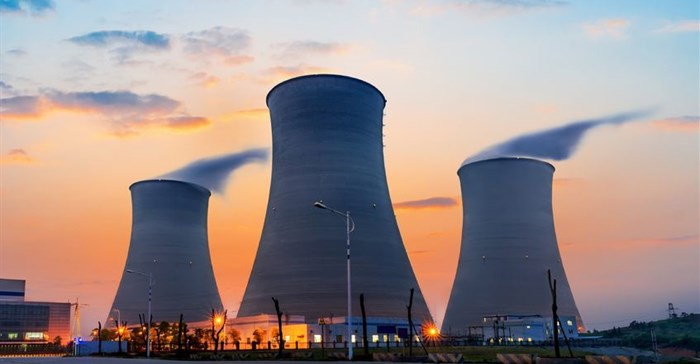South Africa's debt could increase considerably because of the nuclear deal, even before it happens, due to potential investor disputes around intergovernmental agreements (IGAs) for nuclear.
“South Africa currently has two strategic partnership agreements relating to nuclear. These include an agreement with the Russian Federation and another with the People’s Republic of China, agreements which create a favourable regime for investors from these countries,” says Francesca de Gasparis, Southern African Faith Communities’ Environment Institute (Safcei) executive director.
“The Russian agreement, in particular, creates a strategic partnership between the two states (Russia and South Africa) to implement the national plan for nuclear power sector development. This results in a special regime guaranteeing Russian investors a more favourable position than those of other nations in this sphere of the economy,” she says.
In addition to this, South Africa is simultaneously also a signatory to several other bilateral investment treaties that guarantee non-discrimination against the investors of these countries, such as China and Korea which means that preferential nuclear procurement agreements potentially violate these investment treaties.
Servicing national debt
South Africa is currently spending R162bn in 2017/18 on servicing its national debt – more than it spends on tertiary education or land reform and almost equal to what it spends on social grants and health, respectively – while the country’s debt-to-GDP ratio now stands at 50,7% of the GDP, up from 27.8% in 2008, and rising steadily.
“We need to be sure that government fully understands the implications and costs of the nuclear deal, as well as the risk of potential investor disputes that could result from South Africa’s nuclear IGAs. These cover a proposed fleet of 9,600GW of nuclear power and a plethora of related nuclear business and development activities,” she adds.
“The power plants alone are estimated to cost over R1trn and already millions have been spent on the programme. Yet, SA still has nothing concrete to show for it.
Voicing concerns
Safcei has delivered a letter to the office of the presidency and the minister of energy, expressing concerns. “Both the state president and the minister of energy need to be aware that these strategic nuclear partnerships would then expose the SA government to damages claims for discriminating against investors from other trading partners in the nuclear procurement program, should it proceed with procurement while still being a signatory to preferential nuclear agreements,” says de Gasparis.
Further to this, SAFCEI is also asking the president and the minister to publicly state that the government will no longer consider itself bound by the agreement between the governments of the Republic of South Africa and the Russian Federation, on strategic partnership and cooperation in the fields of nuclear power and industry in 2014.
Still binding
In the Earthlife Africa v Minister of Energy matter (WC 19529/15) the court set aside the tabling in Parliament of several nuclear IGAs, including the strategic partnership agreement between South Africa and the Russian Federation – which were all tabled under section 231(3) of the Constitution, rather than under section 231(2). While these agreements are not enforceable currently at the domestic level, they are still binding at the international level.
This means that signatories have undertaken to not act contrary to the intention of these agreements. Therefore, the existence of strategic and preferential nuclear procurement agreements could adversely impact the perceived impartiality of any bidding process for tenders for nuclear procurements falling under these agreements, which extend from the procurement of power stations to waste management and a host of related activities.
Safcei was alerted to this matter in June 2017, when it was announced that the minister of energy intends to renegotiate all its current nuclear IGAs, though it is unclear what form these will take in the future.






































